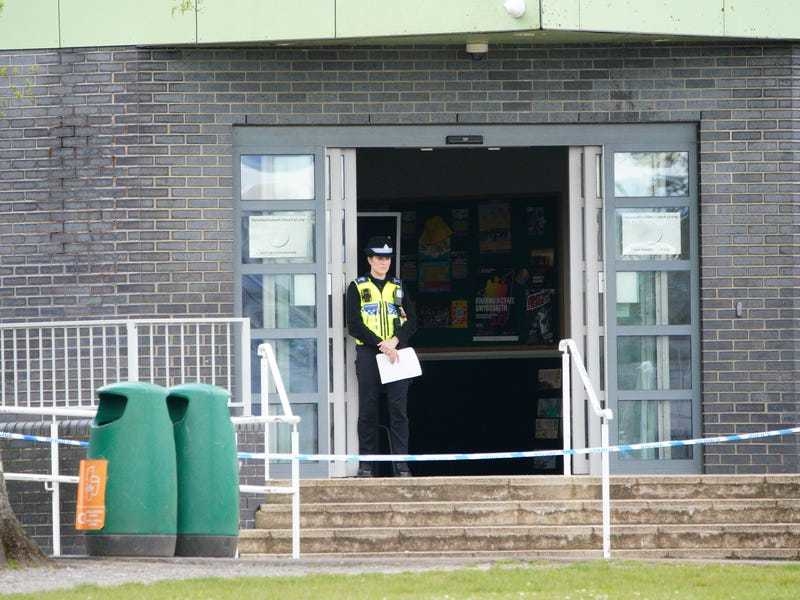Chancellor Jeremy Hunt said he was disappointed the UK “lost out this time” on a £320 million new AstraZeneca factory after the drugs giant chose the low-tax Republic of Ireland instead.
The group had wanted to build a plant near its existing sites close to Macclesfield, Cheshire, but the “discouraging” tax rate had prompted a switch to Dublin, AstraZeneca chief executive Sir Pascal Soriot reportedly said.
Mr Hunt said he agreed with the firm’s “fundamental” argument on taxes.
Speaking to broadcasters at a science facility in central London on Friday, the Chancellor said: “We’re disappointed that we lost out this time and we agree with the fundamental case they’re making which is that we need our business taxation to be more competitive and we want to bring business taxes down.
The corporate tax rate is due to rise from 19% to 25% in April, while a tax relief scheme for businesses is expected to end and energy support will begin to fall away.
AstraZeneca has warned the UK for some time not to take its life sciences sector for granted and that it is losing out on investment to more competitive countries.
Dr Richard Torbett, chief executive of the Association of the British Pharmaceutical Industry (ABPI), called for Government action to provide a “level playing field”.

He continued: “I do think there is a basic point that the economy is not growing fast enough at the moment to pay for the public services that we all need, so we’ve got a choice.
“We can either go so far down the route of fiscal conservativism that it would undermine potential growth industries, or we act responsibly but we try to make sure we are competitive with other countries that are going through similar challenges.”
Concerns within AstraZeneca and the wider industry have been focused on the NHS-branded medicines sales levy, which has soared because of rising demand since the pandemic.
Mr Torbett said: “The agreement we have with the NHS, that has got to the point where companies are now paying more than a quarter of their revenues — not profit but revenues — back to the Government.
“That is vastly in excess of anything the industry pays anywhere else in the world and we have to get to the point where the UK is able to compete for investment on a level playing field, and we are not there yet.”
The Rt Hon Michelle Donelan @michelledonelan has been appointed Secretary of State in the newly created Department for Science, Innovation and Technology.https://t.co/yjCDivYqZt pic.twitter.com/5jeffupKAU
— UK Prime Minister (@10DowningStreet) February 7, 2023
Prime Minister Rishi Sunak’s shake-up of Whitehall this week included the creation of a new Government department focused on science, innovation and technology.
Mr Hunt said the UK’s life sciences industry was “tremendously strong”.
“If you look at life sciences, we have billion pound investments announced recently by BioNTech, by Moderna, by Merck, by other big pharmaceutical companies and we think we are in a tremendously strong position with the biggest life science sector in Europe.”






